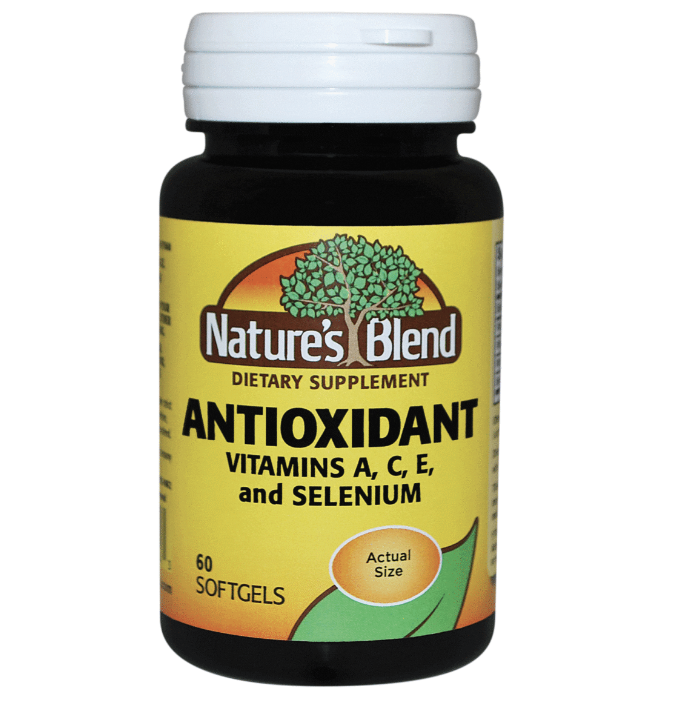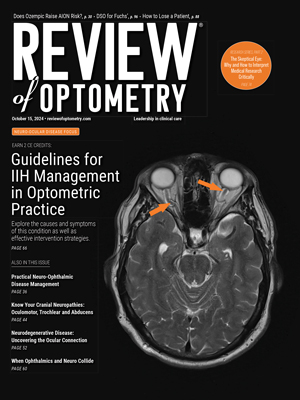 |
|
Evidence conflicts on whether supplemental antioxidants confer a clinical benefit on glaucoma patients and suspects. This newest analysis disputed the notion. Click image to enlarge. |
Oxidative stress plays a role in glaucoma’s pathogenesis, as excessive reactive oxygen species may contribute to retinal ganglion cells damage and trabecular meshwork dysfunction, so it stands to reason that antioxidant supplementation could have a mediating effect. While other studies have shown some evidence of that, a new effort that investigated the genetic causal relationships among diet-derived circulating antioxidants, primary open-angle glaucoma (POAG) and glaucoma-related traits and found no association.
A team of researchers from China, the UK and the US considered 18 research papers that used genome-wide association study data, including a meta-analysis of 16,677 cases and 199,580 controls of European descent, as well as 12 cohort studies with IOP data. Other sources of data on glaucoma-related traits provided RNFL and GCIPL thickness and c/d ratio.
Genetic variants associated with diet-derived circulating antioxidants (retinol, ascorbate, β-carotene, lycopene, α-tocopherol and γ-tocopherol) were assessed as absolute and metabolic instrumental variables. This study did not support an association among six diet-derived circulating antioxidants, POAG and glaucoma-related traits, suggesting that the intake of antioxidants may not have a preventive effect on POAG and offers no protection to retinal nerve cells.
A cross-sectional study reported that the serum levels of vitamins A, C and E were not associated with glaucoma, and another study showed that patients with normal-tension glaucoma had lower serum levels of vitamin C, but not vitamins A or E, compared to the controls. A meta-analysis found no evidence of a relationship between plasma or serum vitamin levels and POAG.
“These study findings suggest that antioxidants in the blood may not be associated with glaucoma risk,” the authors wrote in their paper for Translational Vision Science and Technology. “Furthermore, previous studies have shown inconsistent antioxidant activity in serum and aqueous humor in glaucoma patients. Therefore, we hypothesize that circulating antioxidant levels may not accurately represent antioxidant capacity and that enhancing antioxidant levels in the blood does not necessarily produce additional antioxidant effects in ocular structures. However, this hypothesis requires further verification.”
The team did acknowledge, however, that “GWAS data were extracted from populations of European descent, but glaucoma exhibits significant race-dependent differences. Therefore, our findings cannot be directly generalized to other racial populations.” In addition, authors noted that patients with obstructive sleep apnea have a higher risk of POAG compared to those without obstructive sleep apnea, and it is believed that oxidative stress plays a significant role. “Therefore, it is equally unlikely that diet-derived antioxidants can be protective against POAG related to obstructive sleep apnea,” the authors wrote.
Xiong K, Zhang Q, Mao H. Assessment of causality between diet-derived antioxidants and primary open-angle glaucoma: a Mendelian randomization study. Transl Vis Sci Technol. 2024;13(2):20. |

